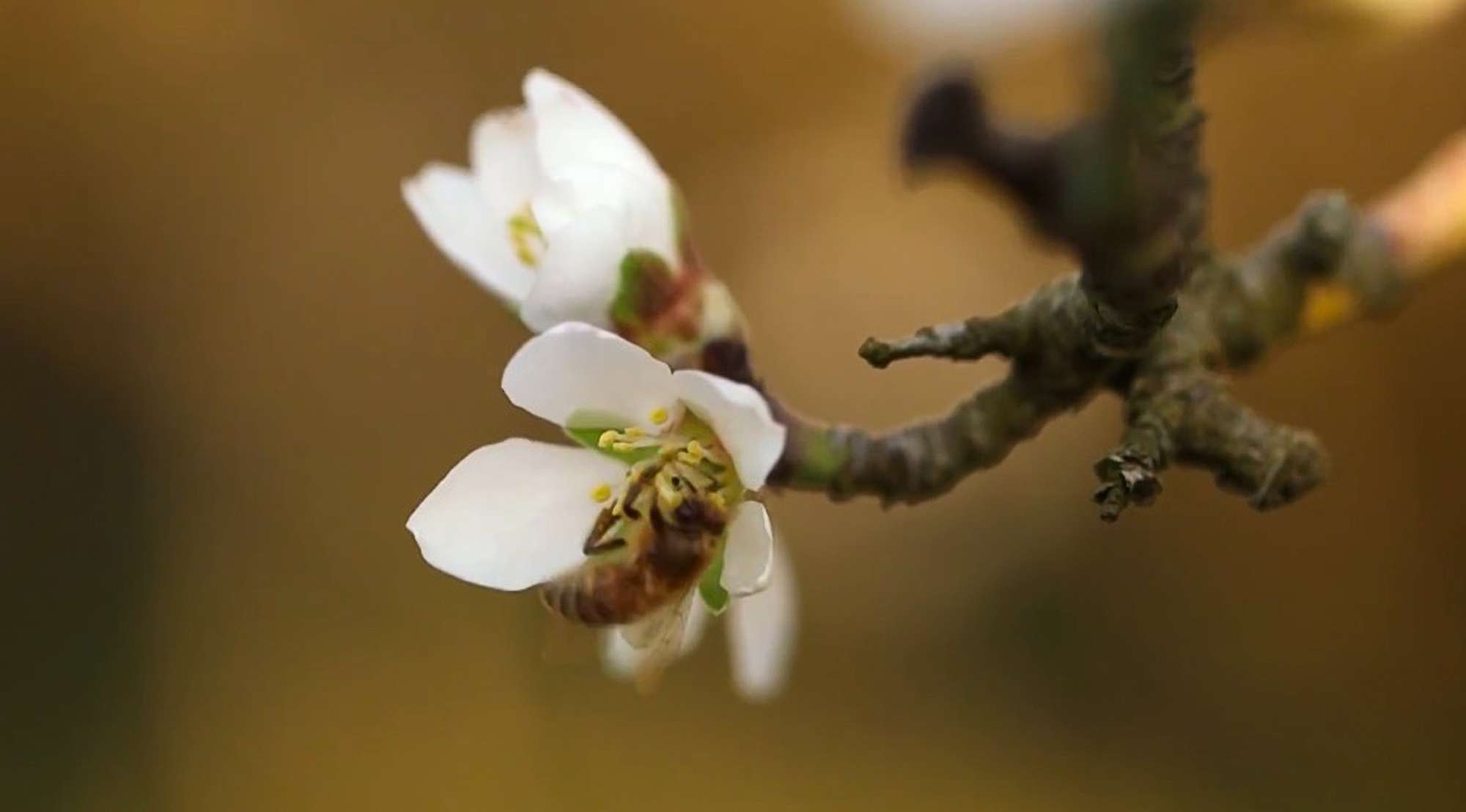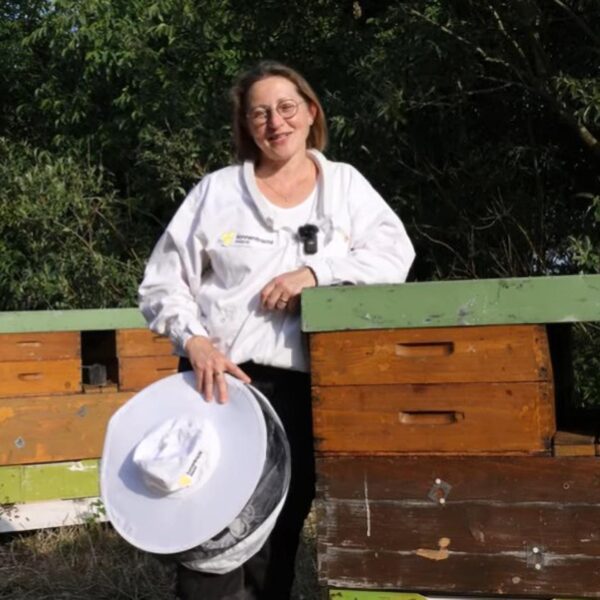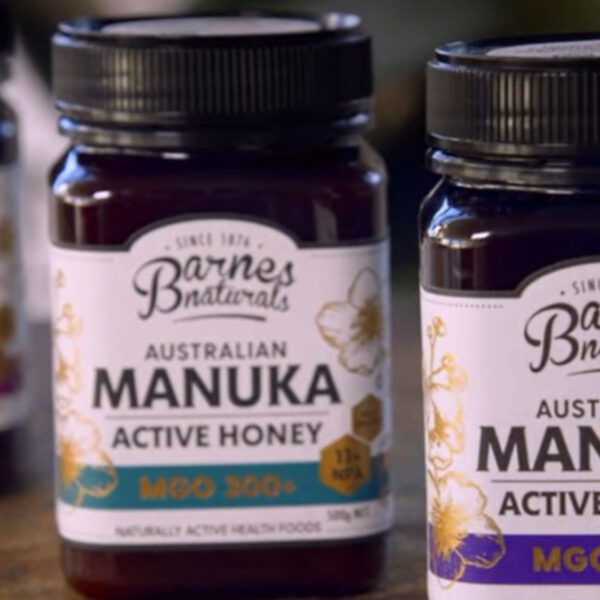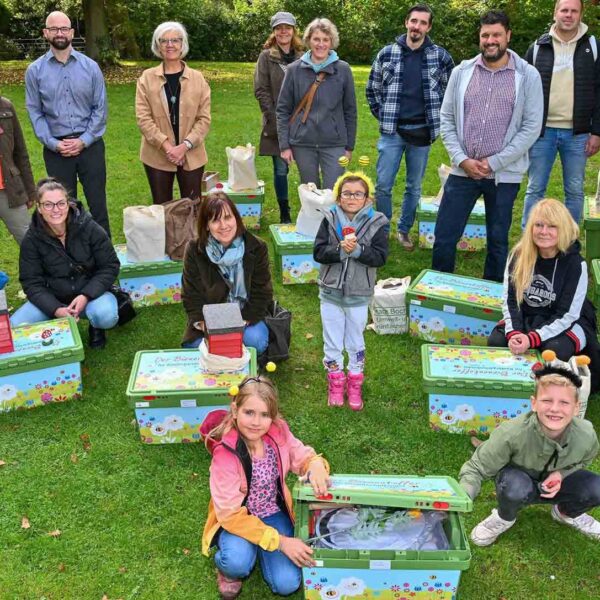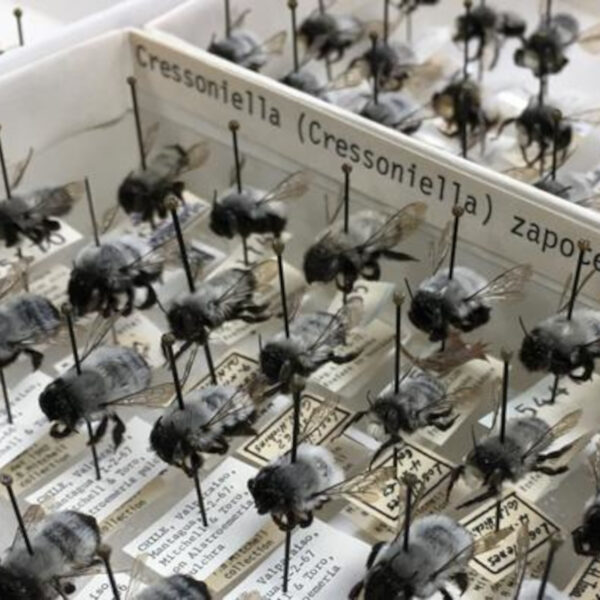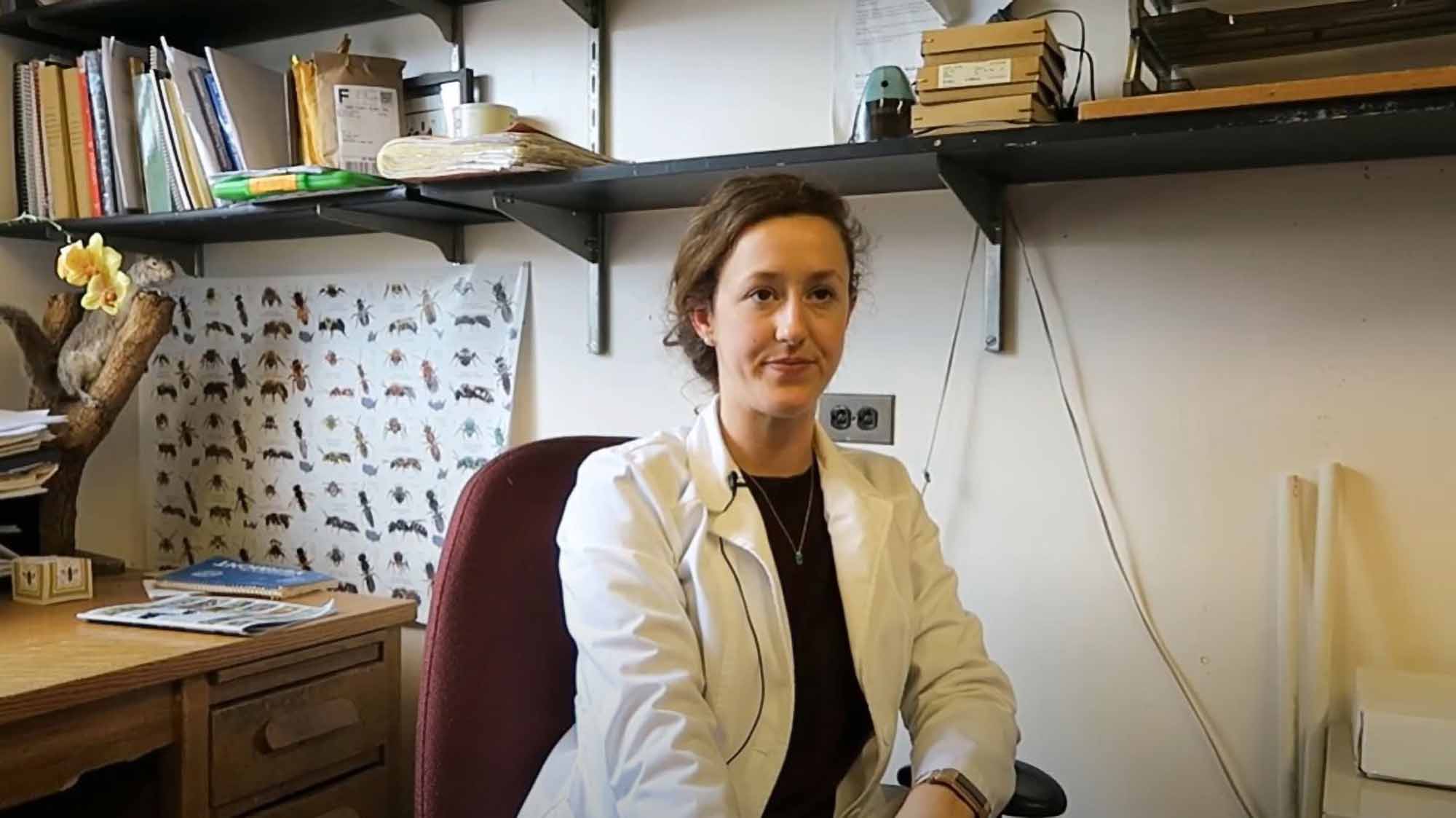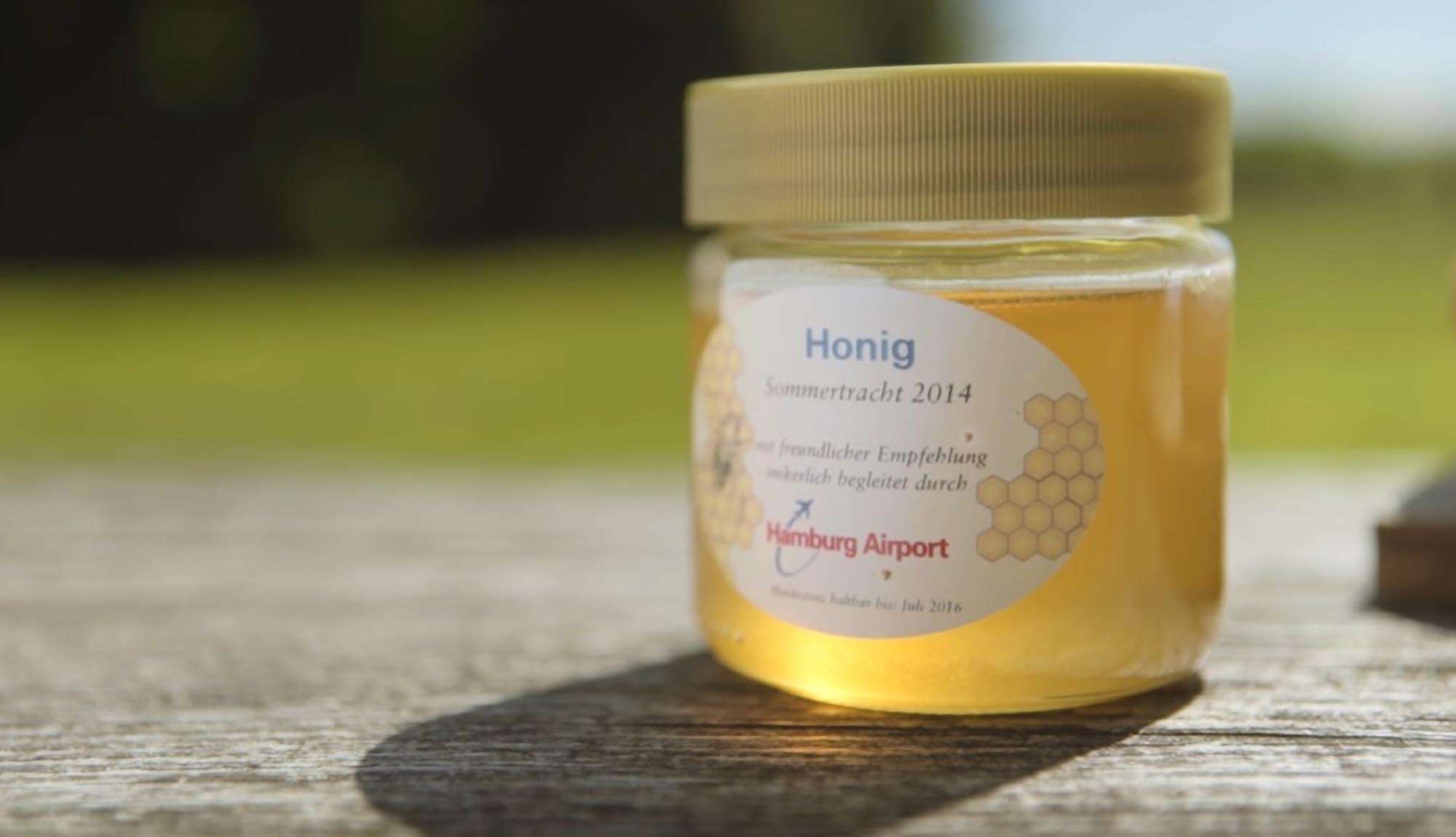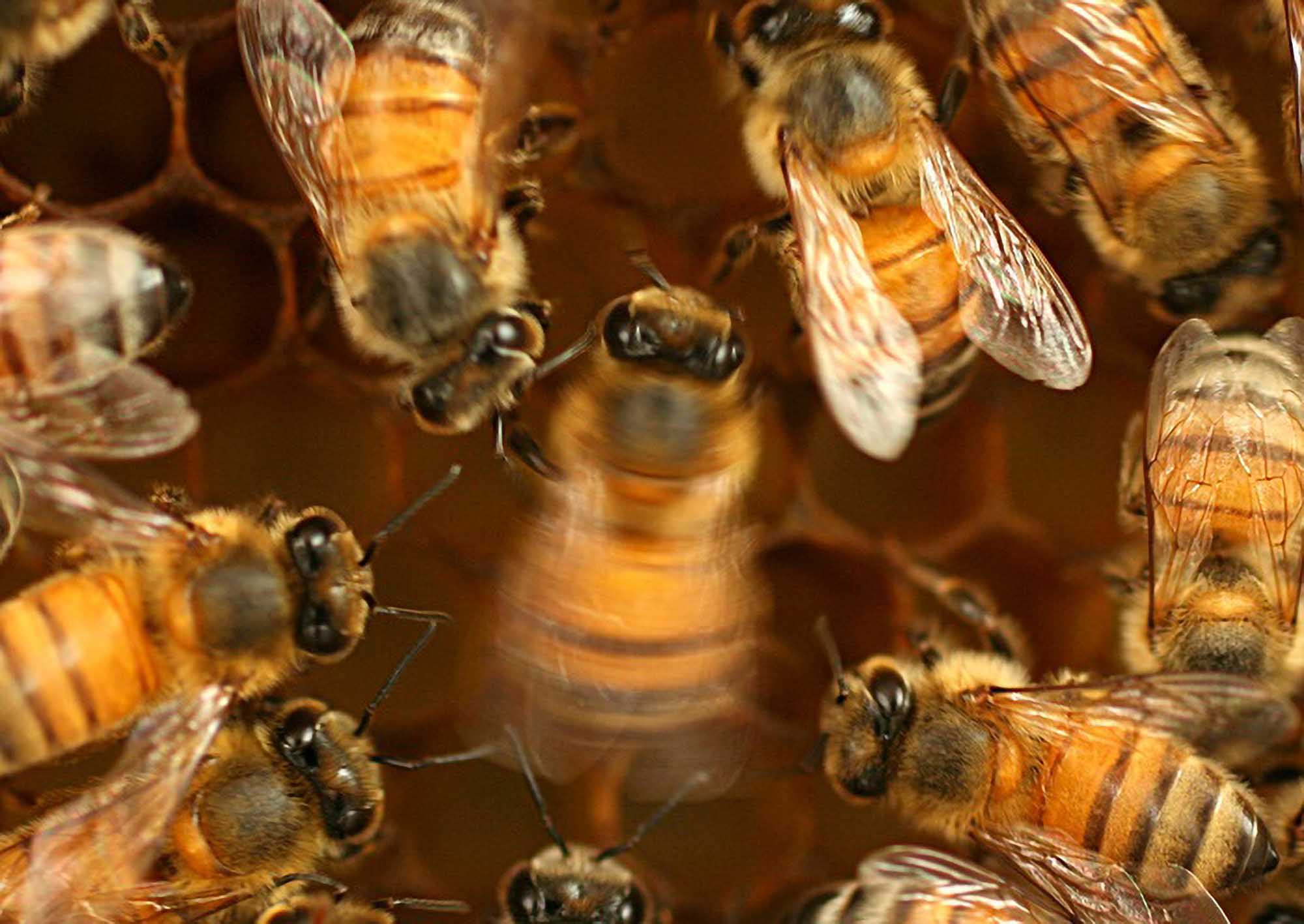A Dutch company specialised in the production of plant-based ingredients is set to produce the world’s first bee-free honey, it has emerged.
Rotterdam-based business Fooditive said the trials – which are scheduled to kick off later this year – would recreate its lab-proven concept in 1,000-litre fermenters. In the patented biotech procedure, honey DNA is copied into a strain of yeast.
Fooditive’s researchers are reportedly convinced they can develop a product which has the same characteristics as bee-produced honey as far as colour, taste and its positive effects on human health are concerned.
The Mayo Clinic – a leading US American medical research centre – says on its website: “Honey contains mostly sugar, as well as a mix of amino acids, vitamins, minerals, iron, zinc and antioxidants.”
“In addition to its use as a natural sweetener, honey is used as an anti-inflammatory, antioxidant and antibacterial agent.”
It also informs that honey “might offer antidepressant, anticonvulsant and anti-anxiety benefits” and that the antioxidants it contains “might be associated with reduced risk of heart disease.”
Moayad Abushokhedim is the founder and CEO of Fooditive. He said his company is determined to make “no compromise on taste, quality or price.”‘

Moayad explained: “The process of genetic sequence modification used in our honey already has an established track record with our vegan casein.”
The Fooditive boss claimed that his firm’s latest endeavour is a “stepping stone for a revolutionary advancement in the food and biotechnology industries.”
Fooditive made headlines in 2021 by presenting the first-ever plant-based casein to be used in the dairy industry.
On its website, the firm claims that its “mission” is to “make healthy food affordable.”
The annual global economic impact of solitary bees and domesticated honeybees is estimated to exceed USD 100 billion (EUR 93 billion).
Bees are indispensable pollinators. They support the diversity of flowering plants as well as agricultural productivity anywhere in the world.
Their existence is considered to be at risk due to the excessive application of pesticides and increasing habitat loss due to construction projects.


